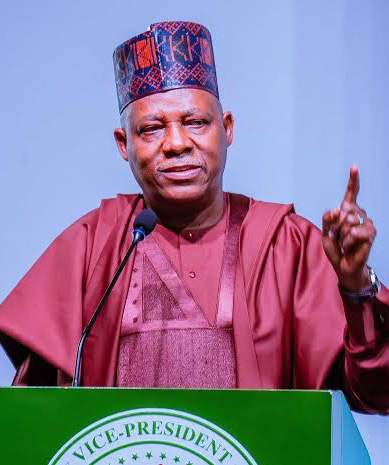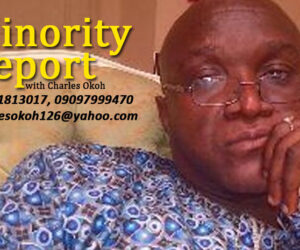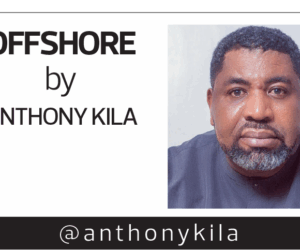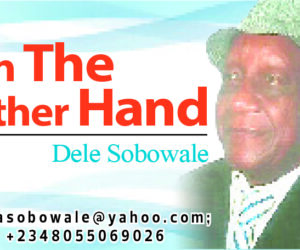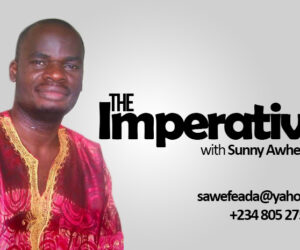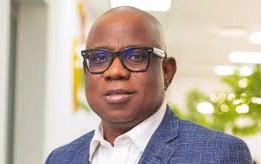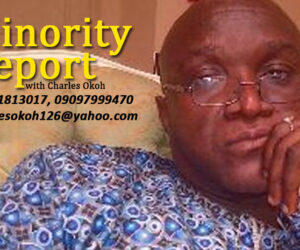1
Beneath the surface is where the true story is. What we notice—headlines, viral videos, social media mention, quarterly results—is just the small visible part. Below the surface are the deeper forces: motivations, systems, identities, and daily habits that shape our public life. Going deeper is not about mystery; it’s a clear approach. It helps us connect facts to understanding—and understanding to action.
Consider two examples that are easy to oversimplify. Colonial history is more than a timeline; it is how inherited borders, extractive administrative logics, and “customary” categories were frozen into modern bureaucracies. Cultural identity is not a static label; it is a living negotiation of dignity and belonging in families, schools, and the street. The responsible stance is empathy with discipline: hold complexity without surrendering to confusion.
“Beneath the surface” means looking deeper than what first meets the eye. It involves asking four key questions: Why? How? What if? And, importantly, what am I missing? These questions help us understand true causes and effect , not just appearances, and remind us to be humble because what we know might be limited. This is particularly true for leaders but applies to all citizens.
The concept of the “Iceberg of Ignorance” warns that many small problems or signals don’t reach leaders, not to blame them, but to highlight the need for better ways to understand the entire situation. Most leaders make decisions based on partial information .
To improve the quality of decisions and choices, start with yourself: actively seek honest feedback, especially from those affected by your decisions , and ask yourself, “What am I missing?” Notice small behaviours and habits that show what really matters. Be willing to face uncomfortable truths because hidden problems aren’t easy to accept. Always question your assumptions by asking why, how, and what if after important decisions. Simple practices like reviewing actions afterwards and challenging ideas with a team can help turn these lessons into ongoing improvement.”
Apply this to Nigeria’s political economy, the surface numbers for 2025 look hopeful, but the reality is more complicated. The World Bank reports growth of 3.9% in the first half of the year, with healthy external reserves of over $42 billion and a current-account surplus of 6.1% of GDP. Growth is expected to reach 4.2% in 2025 and 4.4% by 2027.
However, everyday life tells a different story. Food prices have skyrocketed, making bare essentials about five times more expensive than in 2019. This has forced many families to change their diets and struggle just to cope. Although overall inflation has eased to 20.12% in August 2025 according to NBS data ,and interest rates are starting to drop, the lasting impact of the sharp price rises in 2023 and 2024 still weighs heavily on poor households, who spend most of their income on food.
Corruption in Nigeria is not just about a few bad individuals; it is a deep-rooted system and things don’t seem to be changing . In 2024, Nigeria scored only 26 out of 100 on the Corruption Perceptions Index, ranking 140th out of 180 countries. This low score reflects a pattern of how government contracts are manipulated, regulators are influenced, and political funding is tied closely to state resources. Without changing the underlying rules around who gets chosen, how money flows, and how laws are enforced, this cycle will continue.
The middle class of skilled, experienced professionals is shrinking in politics because it’s costly, risky and difficult to enter. For example, in 2022, a major party charged ₦100 million just to run for president, which most honest professionals and community leaders cannot afford. This high cost favours groups – mobilizers, touts, street enforcers, “yahoo boys”, white collar criminals, with money and influence who expect to get their money back with benefits. This system discourages talented people from joining politics early on.

When politics is expensive and powerful, it attracts people who use violence and control rather than good ideas. This happens because of money-driven party rules and a lack of transparency. As a result, professionals stay away, voters lose interest, turnout drops, and political focus becomes short-term.
To fix this, we should, first, make it easier and cheaper to run for office by setting clear spending limits, requiring public financial reports, and banning hidden payments around delegate choices for party primaries. This will bring more qualified people into politics. Second, improve government decision-making by requiring careful planning before big projects, reviewing results publicly after completion, promoting officials based on actual success, and having independent panels check government work to catch problems early. Accountability is key.
Third, address economic problems that cause voter disengagement by fixing food supply issues like border delays, storage, and transportation problems to lower food prices. Also, provide reliable social support that helps people feel the benefits of economic stability. And fourth, encourage citizen participation by sharing simple reports about local and state government performance, making voting easier and more trustworthy, and using election reports to fix operational problems quickly.
Mbah, Diri, Kefas, and APC Evangelism
What is really motivating these defections? It is too simplistic to attribute it solely to the pursuit of a one-party state, APC’s alleged rigging machinery, economic incentives, political strategy, power dynamics, electoral calculations, or internal party disagreements and dissatisfaction with their former political parties. We need to delve deeper to uncover what is truly fueling this trend—what lies beneath the surface.
First, Nigeria’s hyper-presidential architecture quietly rewards vertical alignment. Governors read the signals that federal patronage, security coordination, and big-ticket infrastructure financing tend to flow more smoothly when the centre and state are in the same tent. “APC evangelism” works not only through carrots, but through the promise of predictability—fewer veto points, faster approvals, and a more straightforward path to federal partnerships on roads, power, security, and cash-transfer pipelines. In a context where citizens demand quick wins, alignment becomes a survival strategy.
Second, political risk management is decisive. Defection operates like insurance against hostile oversight, weaponised investigations, or legislative gridlock. Governors facing litigious opponents, volatile coalitions, or factionalised state assemblies calculate that crossing over lowers exposure and buys elite protection. The courts, anti-graft bodies, and revenue agencies form part of a broader risk map; switching parties can rebalance that map in one move.
Third, ideology is thin; deal-making is thick. With programmatic distinctions blurred, governors optimise for coalition durability: access to donors, national campaign machinery, and gatekeepers of opinion—religious, traditional, business, and media than in 2019. This has forced many elites.
The APC’s national spread offers a ready-made coalition platform and narrative scale that regional or fractured parties struggle to match.
Finally, there is a reputational and electoral feedback loop. Once a few high-profile defections occur, local power brokers, contractors, and even civil service cadres pivot, creating a bandwagon that makes staying put costlier. Defection signals competence to “bring development,” not necessarily conviction. In this sense, the calculus of Mbah, Diri, and Kefas is more about governing leverage under scarcity: securing federal symmetry, de-risking politics, and compressing the distance between promise and delivery.
Failure to ask and answer hard questions
Across all of this, personal discipline still matters. Leaders set the tone. If the people at the top do not invite contradiction, systems will filter truth. If meetings reward certainty, evidence will be bent to fit it. If errors are punished rather than studied, the same errors will return. Beneath the surface of corruption sits a failure to ask and answer hard questions; beneath inefficiency, a refusal to confront trade-offs; beneath ineptitude, a talent system that confuses loyalty for competence.
The deeper paradox is that our crises are also our tutors. In a complex environment, comfort is a poor teacher. Discomfort, interrogated carefully, becomes a strategic advantage. The iceberg metaphor is not meant to intimidate. It is a map. Above the waterline live headlines, talking points, and temporary relief. Below it are the structures— rules, roles, routines, and resources—that determine whether today’s gains become tomorrow’s disappointments, or tomorrow’s foundation.
Choose depth over spectacle. Ask why and how before who and when. Seek the feedback you fear. Publish the data you would rather hoard. Price politics to allow competence to enter. Make it safe to surface weak signals early. Do these things, and the view from above the waterline will start to make sense, because the shape beneath it will finally be changing.
Finally, based on the principle of looking beneath the surface, I will be presenting my collection of essays—written over the past four years and bearing the same title as this essay—on Tuesday, 14th October in Abuja, and Thursday, 16th October in Lagos respectively.

